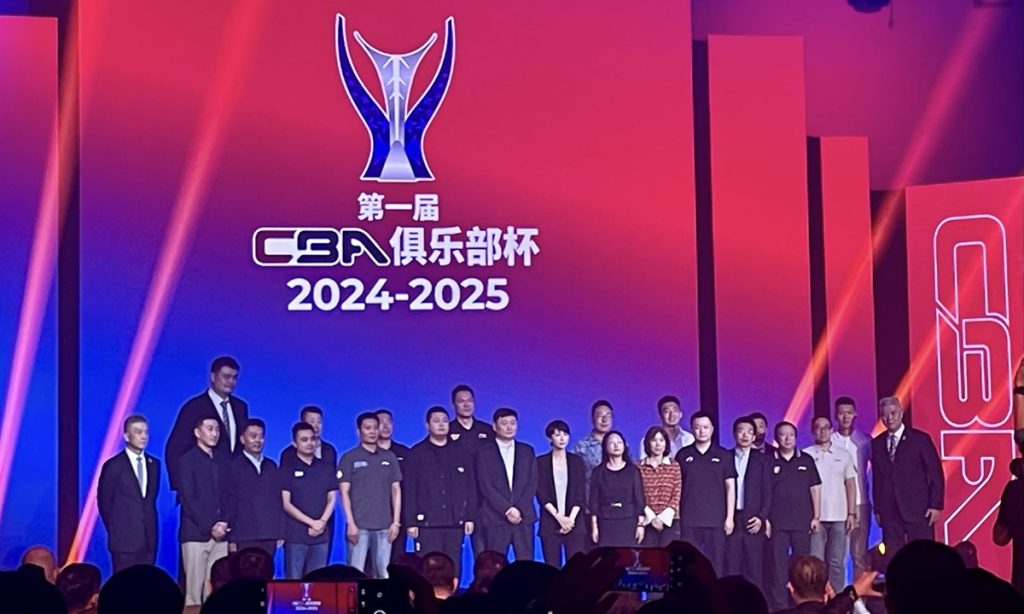CBA Club Cup a platform for nurturing young Chinese basketballers

The upcoming basketball season marks the 30th anniversary of the top-tier league. To further invigorate the season , the governing body,the Chinese Basketball Association (CBA), introduced a new competition the CBA Club Cup to be added during international breaks in the season.
This new competition arrives at a time when China's national basketball scene is seeking to rebuild its credibility and strength on the international stage, especially following the disappointing performance of the Chinese men's national basketball team.
While the national team now faces a dry spell without major international competitions until the 2027 FIBA World Cup, the CBA's decision to launch the Club Cup represents a crucial step in providing local players with increased opportunities to develop under competitive conditions.
The Club Cup's structure offers a refreshing departure from the standard home-and-away format of the CBA league, instead adopting a tournament-style competition during two designated international break windows: November 2024 and February 2025.
As senior players are likely to prefer a break at such times, the Club Cup competition is a pivotal moment particularly for young and homegrown players.
Many of these athletes might otherwise spend large parts of the regular season warming the bench, only get on the court when a starting player is injured or suspended. In this new competition, the younger players will have a stage to showcase their skills more frequently, allowing them more opportunities to hone their skills and grow.
More significantly, the Club Cup will adopt FIBA's 10-minute quarters, which aligns with international standards and provides domestic players with an invaluable learning experience different from the league's 12-minute quarters.
The additional 48 games that the Club Cup brings to the CBA schedule will not only serve as a proving ground for emerging talent but could also rejuvenate the spirit of a league that has faced challenges in recent years.
From a financial perspective, the nearly 10 million-yuan ($1.42 million) prize pool is an enticing incentive for CBA clubs, some of which have been struggling financially. Thanks to CBA's long-time partners such as TCL, the prize money could be a lifeline for these teams, pushing them to invest more seriously in their younger talents in the tournament.
For the league as a whole, this influx of money into the competition could fuel greater excitement and fan engagement, breathing new life into the sport.
The ultimate goal of the CBA Club Cup, however, goes beyond financial incentives or temporary relief for struggling clubs. It is about building a pipeline for young players who can one day elevate Chinese basketball to new heights.
China is still searching for its next generation of basketball stars, and the Club Cup could be the platform that produces them.
Rising talent Cui Yongxi who recently joined NBA franchise the Brooklyn Nets on a two-year two-way contract, has shown that with the right support and opportunities, young Chinese players can make significant strides, as that's what the fans are expecting the Club Cup could offer.